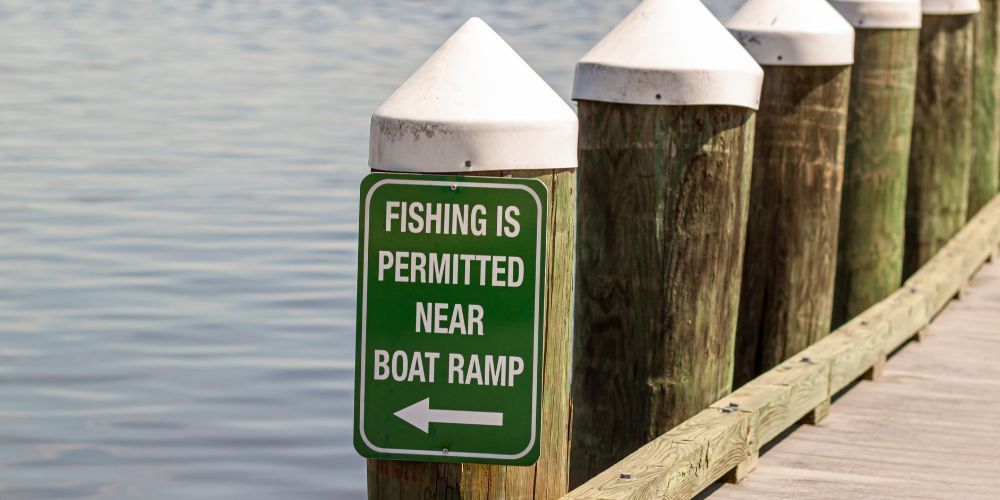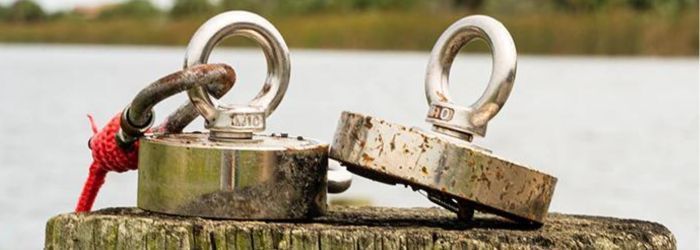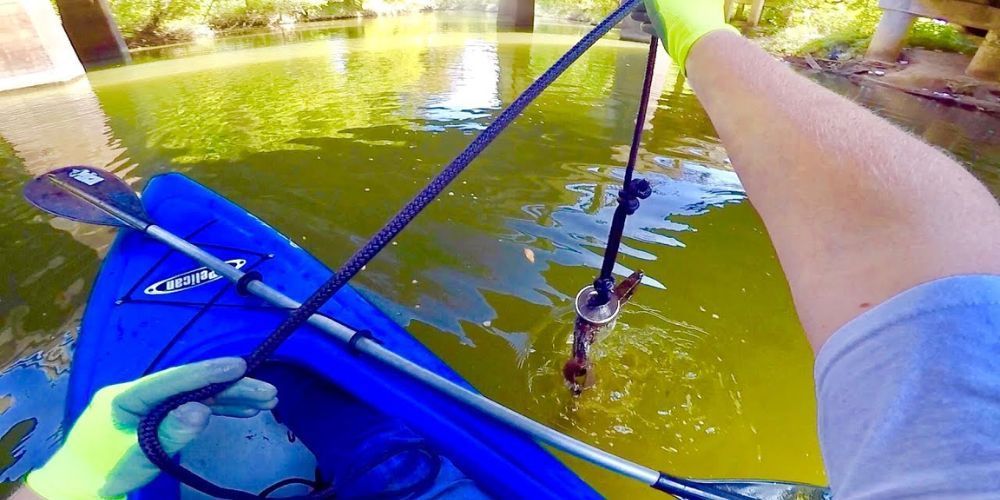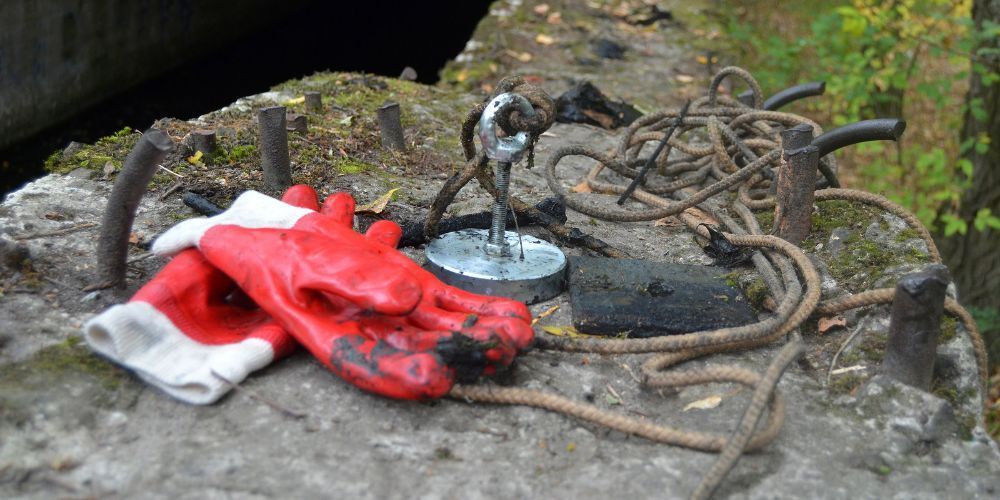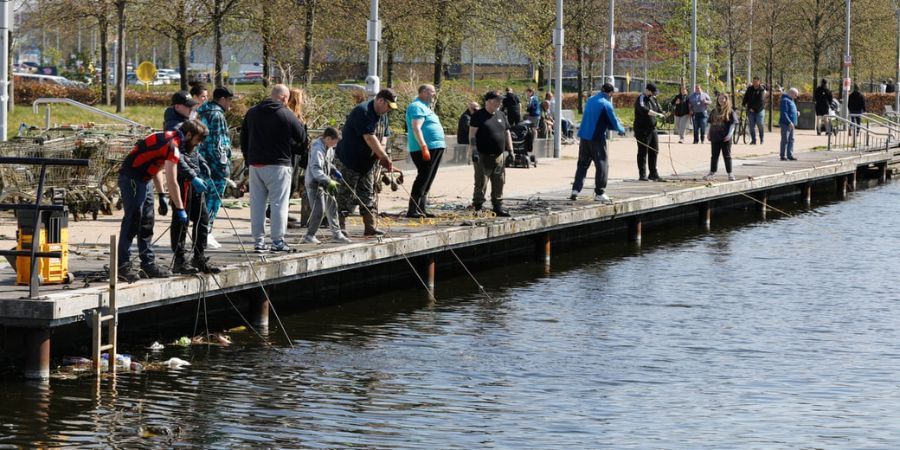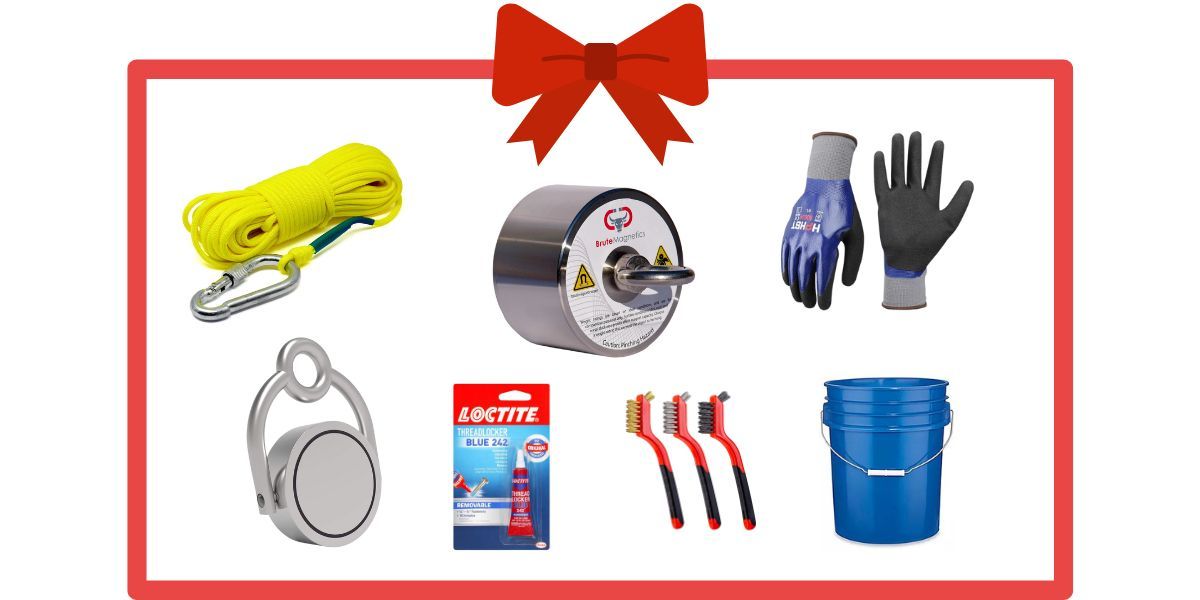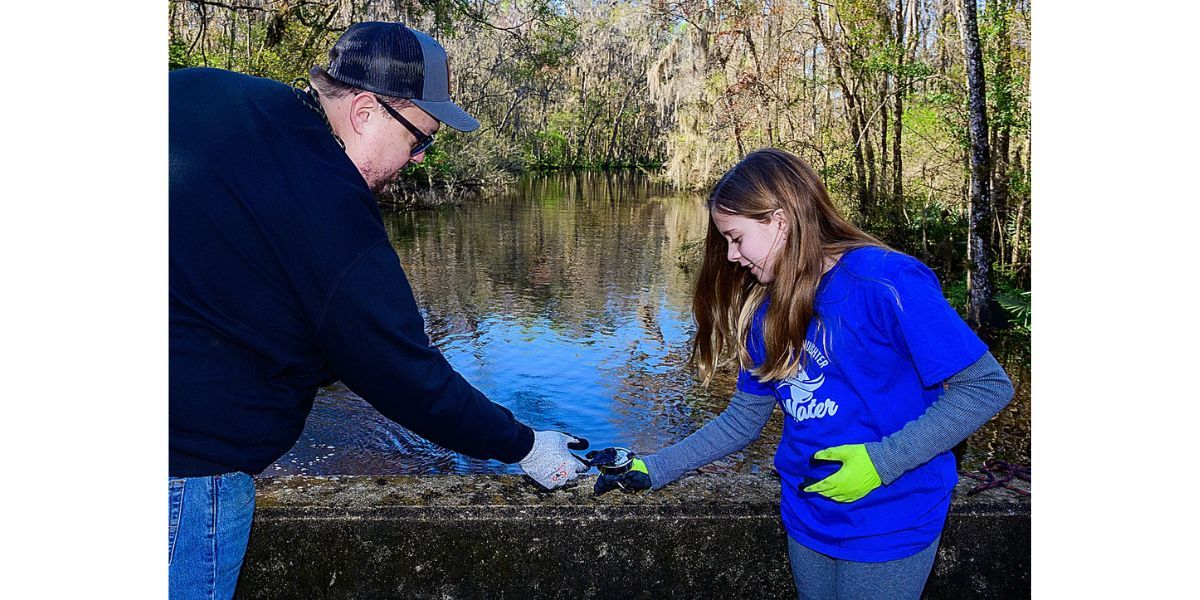Beneath the Surface: The Environmental Impact of Magnet Fishing
Balancing Recreation with Ecological Responsibility in Our Waters
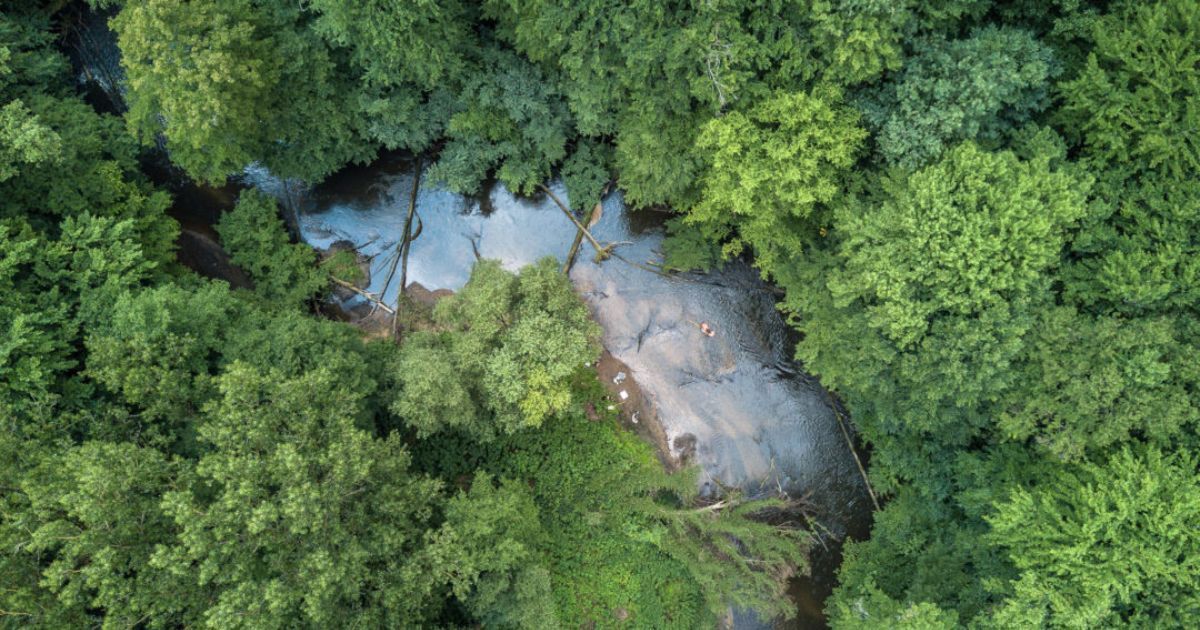
Magnet fishing, an increasingly popular hobby, involves using powerful magnets to extract metal objects from water bodies. This activity, while intriguing, raises important environmental considerations. The practice can significantly benefit nature by removing potentially harmful metal waste from aquatic environments. However, caution is necessary to prevent unintended ecological consequences.
Positive Environmental Contributions of Magnet Fishing
Magnet fishing plays a vital role in environmental conservation. Participants help clean waterways by removing metal debris, such as discarded bicycles, cans, and other refuse. This debris, if left in water, can be detrimental to both aquatic wildlife and humans who consume fish from these areas. By extracting these pollutants, magnet fishing contributes to cleaner, safer water bodies. The removal of these items not only improves the aesthetic quality of our waterways but also reduces the risk of toxic substances leaching into the water, which can occur as metals corrode over time. Furthermore, the activity aids in preventing injuries to wildlife and humans caused by sharp, rusted metal objects.
Ecological Risks and Responsibilities in Magnet Fishing
Despite its benefits, magnet fishing requires careful execution to avoid ecological harm. Disturbing the sediment in water bodies can release trapped pollutants or disturb historical artifacts. Therefore, it is crucial to practice magnet fishing in a manner that minimizes environmental disruption and respects historical sites. Magnet fishers must be aware of the potential for disturbing sediment layers that may contain heavy metals or other pollutants, which can adversely affect water quality and aquatic life. Additionally, care must be taken not to damage archaeological sites or remove items of historical significance, which can deprive us of valuable insights into our past.
The Impact of Magnet Fishing on Waterway Health
Research indicates the significant impact of magnet fishing on reducing metal waste in water bodies. For instance, a 2020 study revealed that magnet fishing can decrease metal waste in rivers by about 30%. Such activities help in preserving aquatic ecosystems and supporting biodiversity. This reduction in metal waste not only helps in maintaining the natural beauty of these environments but also contributes to the health of the ecosystem by removing potential obstacles and hazards for aquatic species. Moreover, cleaner waterways encourage recreational activities such as swimming and fishing, which have positive implications for local communities and economies.
Magnet Fishing: Balancing Recreation with Ecological Sensitivity
While magnet fishing offers a unique recreational experience, it also necessitates ecological sensitivity. It is essential for participants to understand and respect the habitats and breeding grounds of aquatic species. Awareness and avoidance of sensitive ecological areas are crucial for sustainable magnet fishing practices. Magnet fishers should be informed about the potential impact of their activities on local wildlife, particularly during critical periods such as fish spawning seasons. Avoiding areas with dense vegetation or known wildlife habitats can help minimize disturbances to these delicate ecosystems.
Promoting Responsible Magnet Fishing Practices
Educating magnet fishers about ecological conservation is key. Collaboration with river preservation groups and environmental organizations can provide insights into best practices. This includes careful selection of magnet fishing locations, understanding the types of debris being removed, and proper disposal methods. By participating in workshops or information sessions offered by these groups, magnet fishers can learn about the types of metals commonly found in water bodies, the potential hazards associated with certain finds, and the most environmentally friendly ways to dispose of or recycle their finds.
Magnet Fishing and Ecosystem Equilibrium
Magnet fishing contributes to the equilibrium of aquatic ecosystems by removing metal pollutants. This aids in maintaining a balanced and diverse aquatic environment, essential for the health of our planet. The presence of excess metal in water bodies can have various negative impacts, such as altering the pH of the water, affecting the growth and reproduction of aquatic plants, and disrupting the food chain. By removing these materials, magnet fishing helps in restoring the natural balance of these ecosystems, promoting the growth of native flora and fauna.
Addressing Challenges in Magnet Fishing
To mitigate potential disturbances to aquatic life, magnet fishers must practice ethical and responsible fishing. This includes avoiding biologically rich areas, minimizing sediment disturbance, and properly managing found historical artifacts. Magnet fishers should also be conscious of local wildlife, avoiding areas where their activities might disturb nesting birds, spawning fish, or other sensitive species. Additionally, they should be prepared to report and appropriately handle any historical or archaeological finds, in accordance with local laws and regulations.
Ethical Considerations in Magnet Fishing
Practicing magnet fishing ethically involves consideration for the environment. Avoid leaving behind any magnet fishing gear or metal debris, and ensure safe disposal of hazardous finds. Respect for historical artifacts and private property is also paramount. Magnet fishers should always seek permission before fishing on private property or in protected areas and be prepared to remove and responsibly dispose of all debris they retrieve, including non-metallic items that may be unearthed during their activities.
Regulatory Perspectives on Magnet Fishing
As magnet fishing grows in popularity, environmental concerns necessitate a regulatory framework. Potential measures could include permits, educational programs on eco-friendly practices, and guidelines for safe disposal of retrieved items. These regulations aim to balance the enjoyment of magnet fishing with environmental protection and sustainability. Governments and environmental agencies may consider establishing designated areas for magnet fishing, where the activities impact on the environment can be managed and monitored. Additionally, creating partnerships between magnet fishing communities and environmental groups can promote responsible practices and foster a culture of stewardship and conservation.
Magnet fishing emerges as more than just a leisurely pursuit; it's a meaningful contribution to environmental stewardship. As enthusiasts comb through water bodies, they not only unearth
hidden treasures but also play a pivotal role in cleansing our ecosystems of metal pollutants. This hobby, however, carries a responsibility to practice ethically and with awareness of its ecological implications. By engaging in magnet fishing mindfully, enthusiasts can ensure that their activities support the health and vitality of aquatic ecosystems, while also respecting historical artifacts and maintaining the natural balance. It's a harmonious blend of adventure and conservation, where each retrieved item reflects a small but significant step towards a cleaner, healthier planet. As magnet fishing continues to gain popularity, it's imperative that its practitioners and advocates prioritize environmental sensitivity, ensuring that this fascinating hobby leaves a positive and lasting impact on our world.
Author: Will Flaiz



